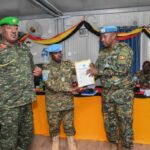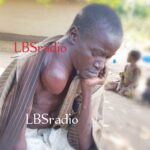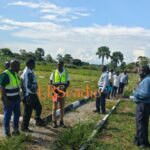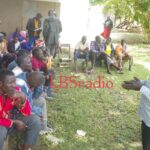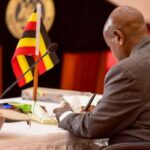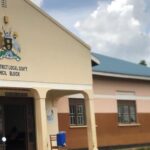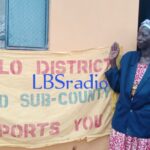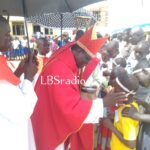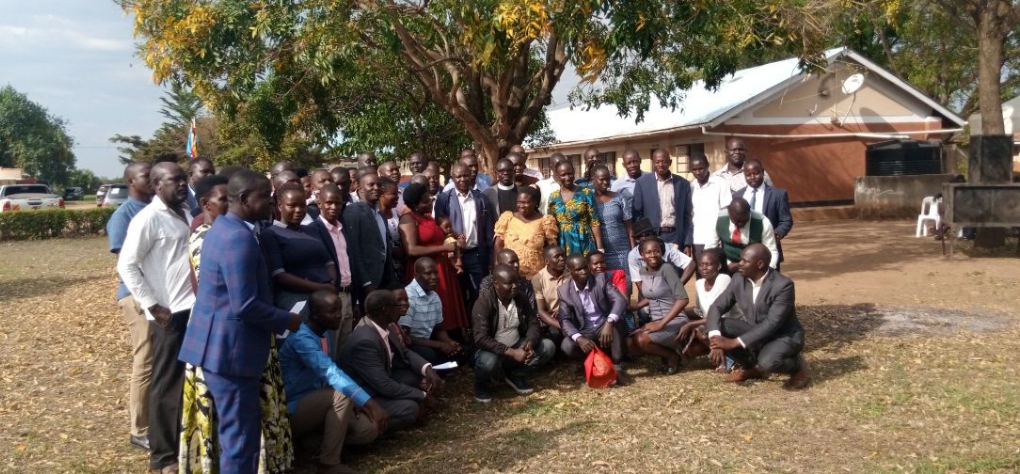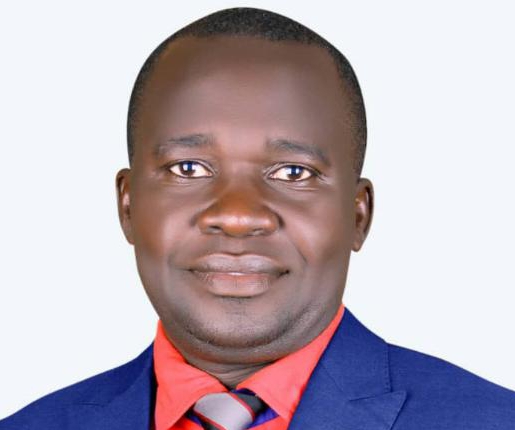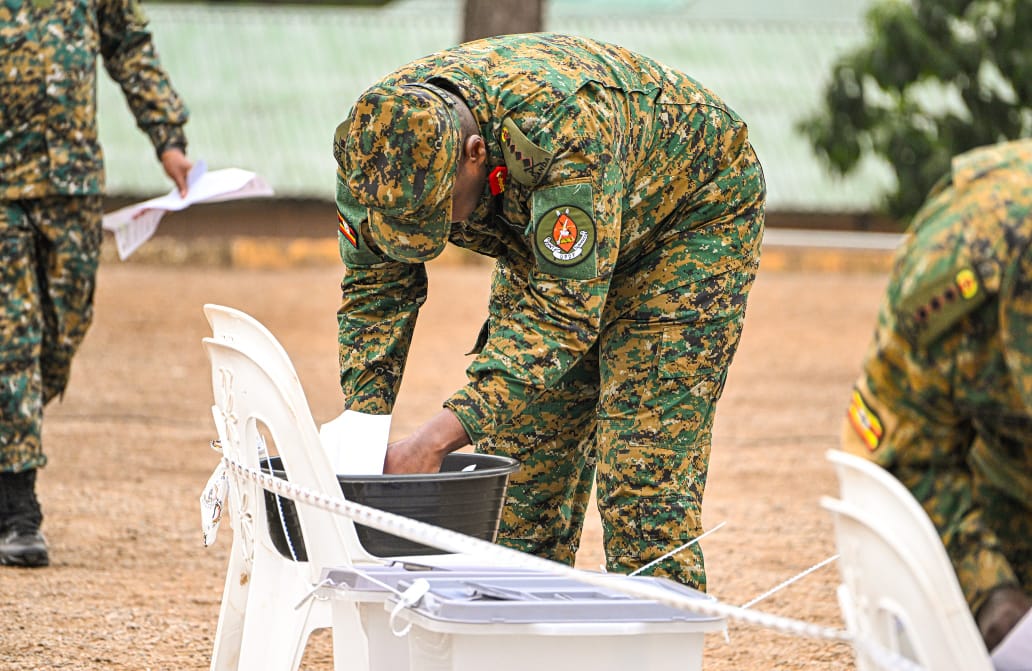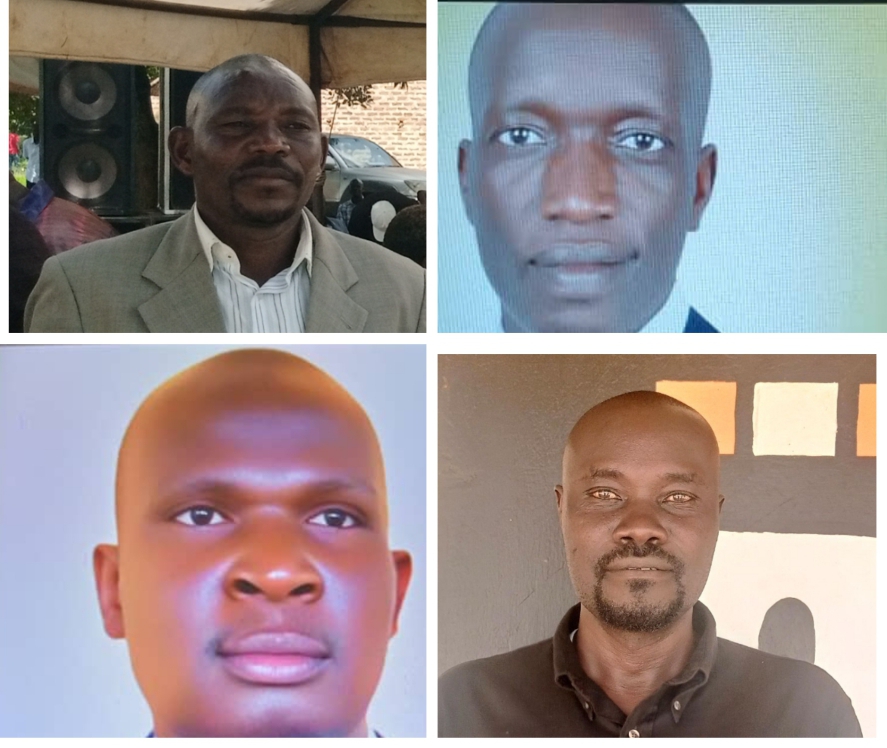By Ouni Jaspher
16th January, 2025 – Dokolo. As the dawn of Uganda’s 2026 General Elections draws near, conversations concerning the performance of long-term political figures have taken center stage, none more so than Felix Okot Ogong, a stalwart of the Ugandan Parliament.
Having represented the Dokolo South constituency for a full 30 years, Okot’s tenure is a tapestry woven with both significant milestones and contentious debates, as revealed in last evening’s radio broadcast that has captivated the region.
Speaking on the popular LBS Straight Talk radio show, hosted by the astute Denis Omiji in the heart of Dokolo town, Okot Ogong laid bare the fruits of his tireless service.
In a narrative rich with detail, he recalled his early days in Parliament when Dokolo was merely a fragment of the larger Lira district.
It was a time marked by profound challenges, yet Okot proudly recounted the strides made under his stewardship.
Chief among his achievements is the monumental expansion of secondary schools—a leap from a scant four to over ten institutions—expanding horizons for the district’s youth and laying the foundations for future academic success.
This educational renaissance, he insisted, was set in motion alongside initiatives first envisioned by the revered former Minister of Education, Ojok Isaac Newton.Okot’s devotion to administrative evolution was no less substantial.
He painted a vivid picture of orchestrating the creation of vital new sub-counties, a move that brought the long-desired autonomy from Lira and marked a new chapter of self-determination for Dokolo.
This transformation, he argued, catalyzed development projects instrumental in improving the daily lives of his constituents.
Foremost among these advancements was the revolution in clean water access.
Where once fewer than 100 boreholes dotted the landscape, today, according to Okot, more than 500 now serve the district, quenching the thirsts of thousands of residents with safe, reliable drinking water.
Similarly, the electrification of Dokolo through the procurement of 12 transformers was highlighted as a symbol of progress.
This feat, Okot elaborated, empowered the town council and enriched the local economy with better energy access.
Yet, as eloquent as Okot Ogong’s portrayal of progress was, it sparked a tempest of mixed reactions—evidence of the deep divide in public opinion.
The airwaves of 90.3 FM crackled with the voices of constituents sharing their often starkly contrasting views.
Critics like Etengu Isaac and Elalu Michael voiced fervent dissatisfaction, lamenting the absence of remarkable development under Okot’s prolonged rule and drawing attention to neglected infrastructures like the imperative Dokolo-Amolatar roads.
In contrast, Okot’s staunch supporters, such as Dumex Okwanga, countered with praise, heralding his broader impact not only in Dokolo but across the Lango region.
They cited his influential hand in fostering educational and religious growth, with Benard Ongom, or Duku, challenging detractors to open their eyes to the good Okot has realized.
Nevertheless, burning questions lingered. Tom Omara raised poignant points about educational gaps relating to electricity shortages in local schools, while Ogundipe prodded for answers regarding the unpaid Amuka salaries, underscoring issues of accountability and transparency.
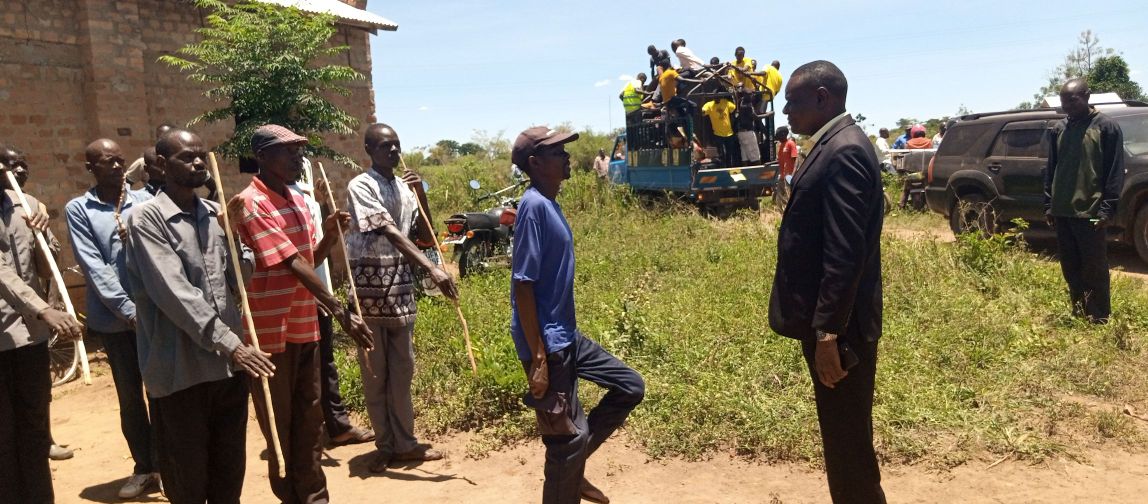
Voices such as Ocen Tom cast a critical eye on Okot’s tenure, suggesting his achievements mirrored governmental programs rather than personal endeavors, questioning the true extent of his personal impact.
Amidst these simmering tensions, Aluko Patrick’s critique struck a chord, accusing Okot of shifting focus and investing in other districts, inadvertently halting Dokolo’s own developmental momentum.
The legislator was blamed for not having even a single commercial structure in Dokolo or any other viable business to attract development and employment for the youth.
Responding to a flurry of challenges from vociferous callers, Okot Ogong stood firm.
He defended his policy against establishing personal schools, advocating instead for enhancing community-run institutions.
His financial endeavors beyond Dokolo, he maintained, arose not from neglect but out of practical necessity in a setting where support could be capricious.
As the days to the election tick away, Felix Okot Ogong’s complex legacy continues to polarize, embodying the timeless debate between continuity and change.
His 30-year journey through the tumultuous seas of Ugandan politics reflects broader themes of governance, development, and the ever-evolving aspirations of a vibrant constituency.
With the future of Dokolo and, indeed, Uganda at stake, the unfolding dialogue surrounding Okot’s tenure offers a poignant microcosm of national introspection and the quest for meaningful progress.


